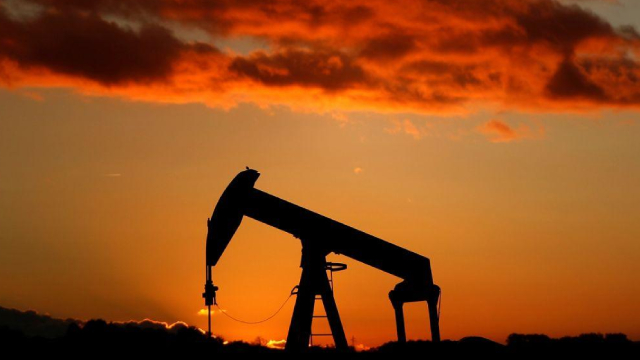Italian Energy Giant Eni Faces Challenges in Venezuela
Italy’s largest oil and gas company, Eni, announced on Sunday that it had received a notification from U.S. authorities stating that it would no longer be permitted to be repaid for its gas production in Venezuela through oil supplies provided by the Venezuelan state oil company, PDVSA. This development comes amidst the ongoing political and economic crisis in Venezuela, which has led to widespread sanctions against the country and its state-owned enterprises.
Background of Eni’s Operations in Venezuela
Eni has been operating in Venezuela since the late 1980s, and its investments in the country have included the development of the Corocoro gas field in the Maracaibo Basin. The company’s production in Venezuela accounted for around 3% of its total hydrocarbon production in 2019. However, the economic and political instability in Venezuela, including the country’s default on its debt obligations, has made it increasingly difficult for foreign companies to operate there and receive repayment for their investments.
Impact on Eni
The announcement from U.S. authorities is a significant blow to Eni, as it will prevent the company from receiving payment for its gas production in Venezuela. This could lead to financial losses for Eni, as the company will continue to incur costs associated with its operations in the country. Moreover, the uncertainty surrounding the situation in Venezuela could make it more difficult for Eni to secure financing for its other projects, as investors may be wary of the political and economic risks associated with the country.
Impact on Consumers and the World
The impact of this development on consumers and the world at large is less clear. Eni’s production in Venezuela accounted for only a small percentage of the company’s total output. However, any disruption to Venezuela’s oil and gas production could have broader implications for global energy markets, as the country is a significant exporter of crude oil and refined products. Moreover, the ongoing crisis in Venezuela has already led to widespread human suffering, with millions of people in the country experiencing food and medicine shortages, and this situation could worsen if the country’s oil production continues to decline.
Conclusion
The announcement from U.S. authorities that Eni will no longer be allowed to be repaid for its gas production in Venezuela is a significant development in the ongoing crisis in the country. This move could have financial implications for Eni, as well as broader implications for global energy markets and the people of Venezuela. As the situation in Venezuela continues to evolve, it will be important for companies operating in the country, as well as investors and consumers, to stay informed about developments and adjust their strategies accordingly.
- Eni announced it would no longer be permitted to be repaid for its gas production in Venezuela through oil supplies provided by PDVSA.
- This development comes amidst the ongoing political and economic crisis in Venezuela, which has led to widespread sanctions against the country and its state-owned enterprises.
- Eni’s production in Venezuela accounted for around 3% of its total hydrocarbon production in 2019.
- The announcement could lead to financial losses for Eni, as well as making it more difficult for the company to secure financing for its other projects.
- Any disruption to Venezuela’s oil and gas production could have broader implications for global energy markets and the people of Venezuela.





